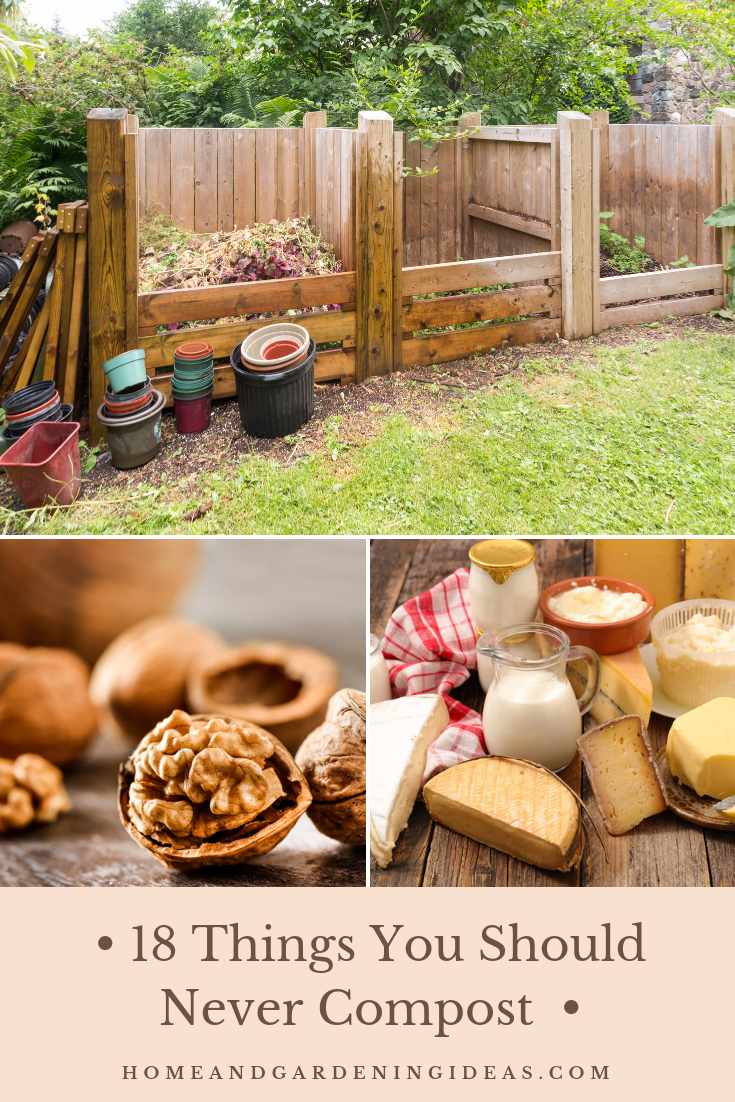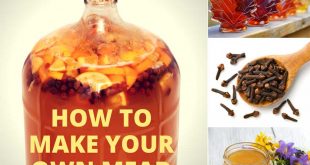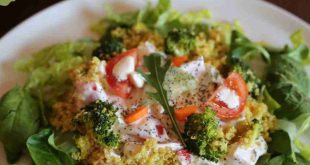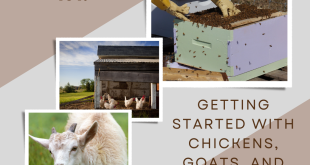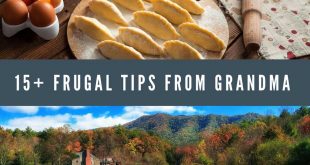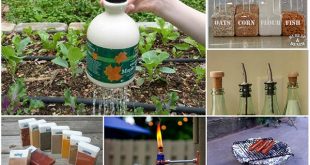18 Things You Should Never Compost
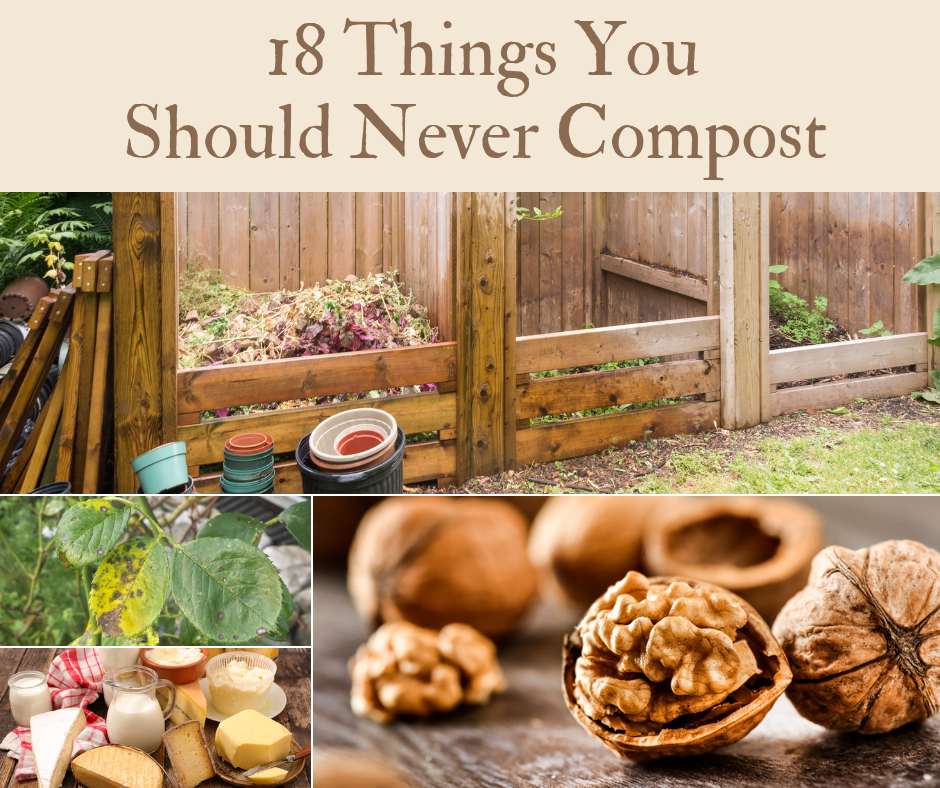
Composting is garden gold. Every gardener should have a compost bin where they toss their veggie scraps and grass clippings throughout the year. While you can put hundreds of items into your compost bin, you need to pay attention to the things you should never compost.
Don’t fret; composting is easy. You don’t have to memorize a massive list of items that you can’t compost safely. There are just a few items, so let’s take a look!
18 Things You Should Never Compost
-
Dairy Products
Don’t add any dairy products to your compost. If you have leftover cheese, butter, or milk, they don’t belong in there. They leave a nasty smell that will attract critters and pests. Also, it will cause bacteria to grow in your compost bin.
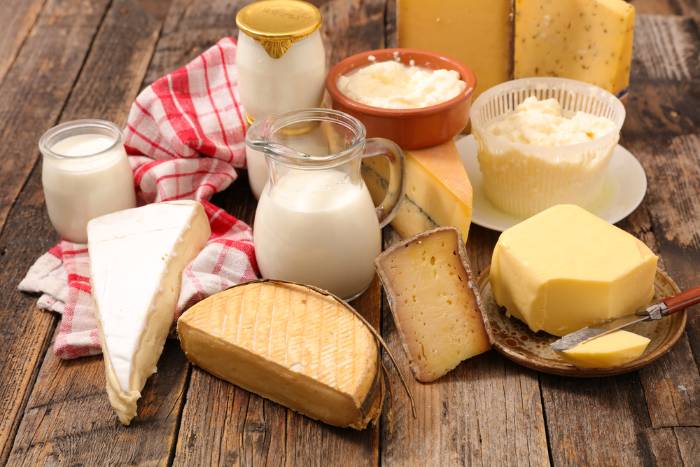
-
Cooking Oil
You might be tempted to dump your cooking oil into your compost, but don’t! It has chemical contacts that might upset the balance of nutrients in the compost. Also, it might attract pests and critters to your compost.
-
Bread & Pasta
Bread and pasta seem harmless, but they can attract unwanted pests to your compost. That also includes things such as cakes, muffins, and cookies. They’ll create a smell that attracts pests and critters.
-
Diseased Plants
If the plant you pulled out of your garden is infected, you need to dispose of it properly. You can even burn the plant, but don’t stick it in your compost bin. Those diseases will continue to live in your compost. Then, you’ll spread the compost over your gardening, contaminating your entire garden.
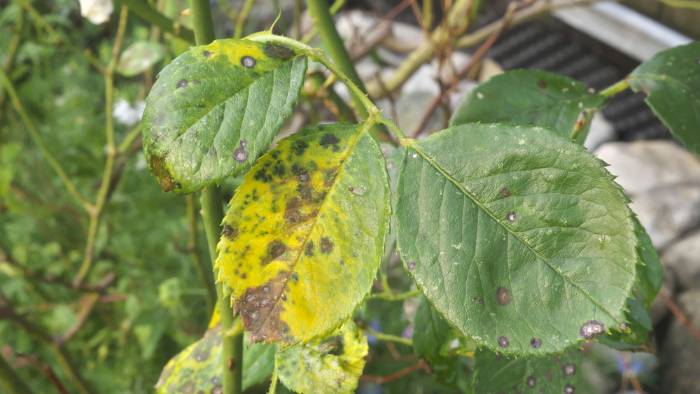
-
Feces
Don’t add feces from human or carnivorous animals. That means dog and cat feces are out, but you can compost rabbit and chicken manure. Animals that consume meat might have hazardous pathogens in their feces.
-
Tea and Coffee Bags
You should put your coffee grounds and tea leaves into your compost pile. They’re fantastic sources of nitrogen, potassium, and phosphorous. Your vegetable plants need those in the future, so add them as much as you want.
However, coffee grounds and tea leaves should only be added if they’re bagless or have been removed from their bags. The bags that these products come in often contain synthetic fibers that won’t break down over time. So, take them out of the bag, and you’re ready to go.
Things You Should Never Compost
-
Meat or Fish Scraps
Next, you want to keep meat and fish scraps out of your compost. Besides the fact that these items are a bacterial hazard, they contain blood, bones, and fleshy residues that will attract pests. You don’t wnat critters like raccoons or opossums visiting your compost as a feeding ground. They’ll also attract flies and insects.
-
Coated Paper
Many paper products are safe, such as newspaper. You want to avoid heavily coated paper such as greeting cards, magazines, writing pads, and stickers. All of these paper products are coated with chemicals, and they might also include foil, which is non-compostable.
-
Inorganic and Non-Biodegradable Materials
You want to avoid putting inorganic and non-biodegradable materials into your compost. These are items that will never break down, no matter how long they’re in your compost bin. So, they’d render your compost unusable.
Some examples include:
- Pressure-treated lumber
- Plastic
- Glass
- Aluminum Foil
- Metal
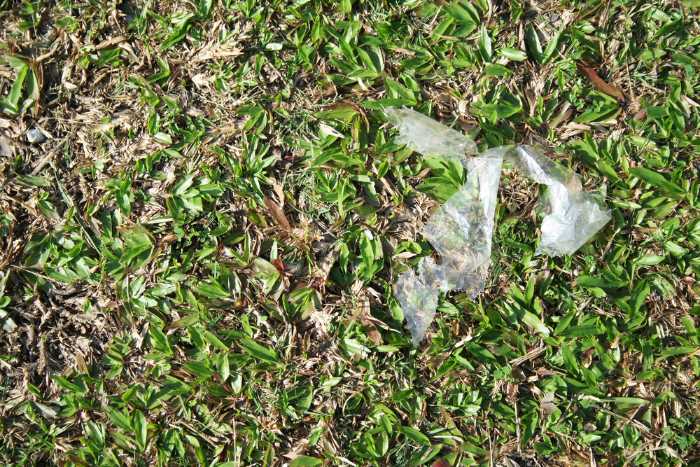
Inorganic and Non-Biodegradable Materials /shutterstock -
Sawdust
People are often stumped when they see sawdust on the list because it’s natural, right? Sawdust can help a compost by soaking up excess moisture in a wet compost heap. However, you want to avoid treated wood sawdust. It’s treated with chemicals that aren’t safe to put into your compost.
Also, make sure you use layers of sawdust rather than vast quantities are one time.
-
Rice
Many people are surprised to see rice not recommended for composting. It won’t kill your compost, but it might damage the quality. Raw rice attracts pets, and cooked rice is a breeding ground for bacteria. That can destroy the nutrients in your compost.
-
Personal Hygiene Products
Anything that contains human fluids is a no-go for your compost. That includes tampons, pads, diapers, and toilet paper. Human fluids contain bacteria that shouldn’t be mixed with your compost. It can also cause more bacteria to spread throughout your compost.
-
Citrus Peels & Onions
Here is another shocking one. Most people toss citrus peels and onions into their compost without a second thought. While they won’t destroy your compost, there are a few things to consider.
First, worms aren’t a fan of citrus peels and onion. If you practice vermicomposting, you can damage your compost with too many of them. They add too much acid into the soil.
Also, citrus peels take a long time to decompose. Ideally, you want to turn over your compost quickly. If you’re going to add them, chop them up into small pieces and don’t overload your compost with them.
-
Large Branches
Technically, small twigs and sticks can go into your compost, but large branches shouldn’t. It takes far too long for large branches to break down in the compost. If you want to compost a large branch, send it through the wood chipper first.
-
Anything Treated with Pesticides or Herbicides
That means if you treated your grass with herbicides, you don’t want to put the clippings into your compost. Doing so is spreading the toxic chemicals throughout your compost, including toxins that could kill the beneficial microorganisms and bacteria in your compost that’s working.
This includes anything you treated! If you treated your green bean plants with pesticides, they can’t go into your compost bin later.
-
Dead Animals
Dead animals are, for sure, a no-go in your compost. Adding dead animals, of any kind, creates a breeding ground for bacteria. Remember you’re putting this compost onto your vegetable garden that you’ll eventually eat. You don’t want to spread bacteria.
-
Walnuts
This one might seem surprising because walnuts are natural and come from nature. However, walnuts contain juglone, which is a natural aromatic compound that is a toxin to most plant life. Don’t add nuts nor the leaves from a walnut tree.

-
Pieces of Clothing
It’s hard to tell what is in that clothing. Was the cotton made with pesticides? Fabrics that contain plastic, such as polyester, won’t degrade over time. Plus, you have to question the dye that’s used to color the clothing.
 Home and Gardening Ideas At home and Gardening ideas we believe inspiring readers about homesteading, self sufficiency
Home and Gardening Ideas At home and Gardening ideas we believe inspiring readers about homesteading, self sufficiency
